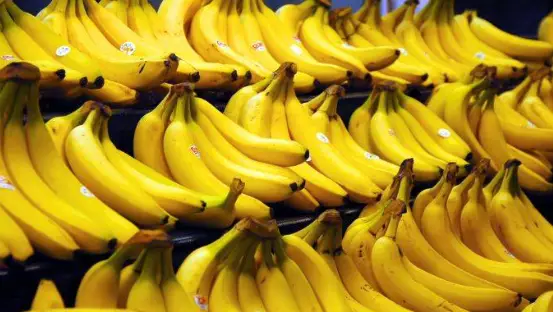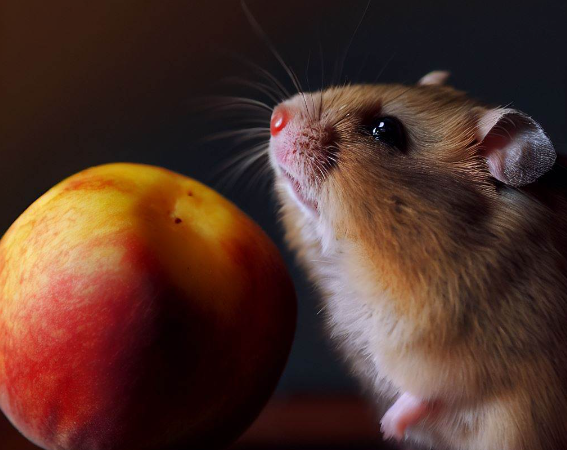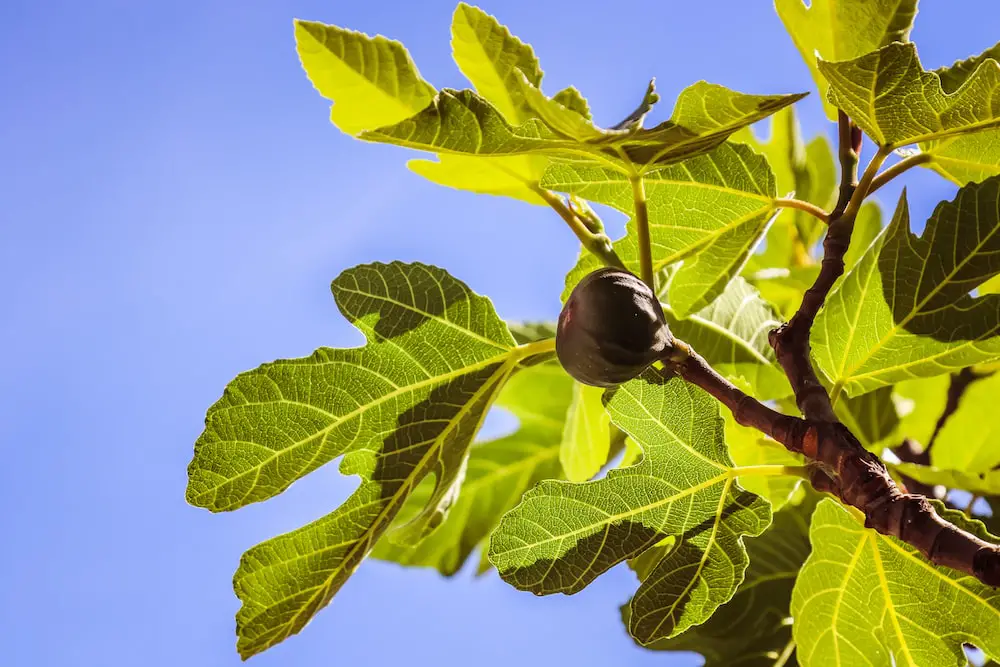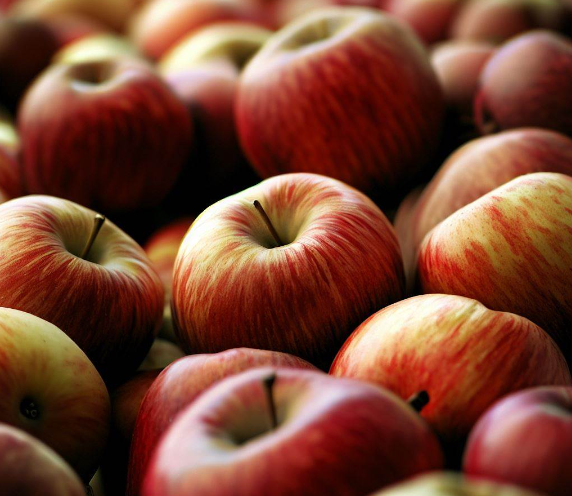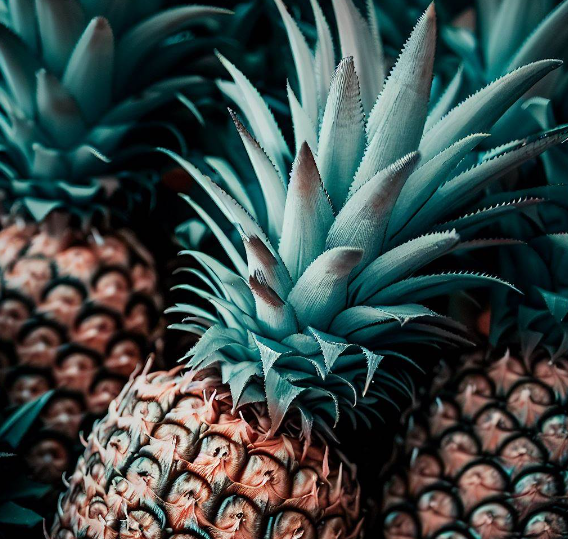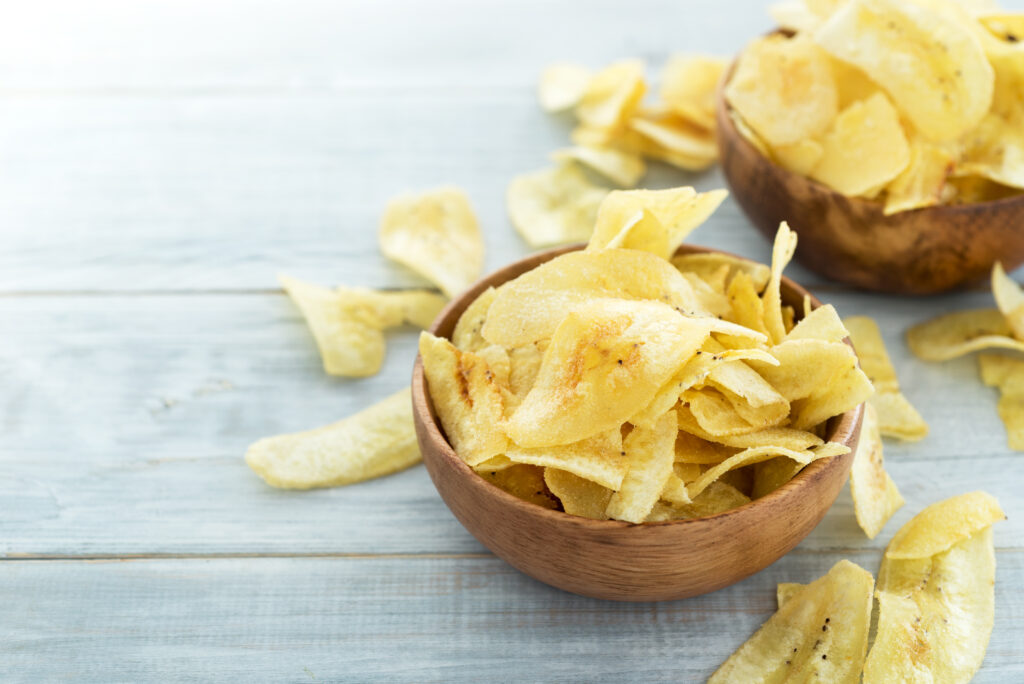Java apple, also recognized by different names such as wax apple, love apple, or water apple, is a tropical delight with the scientific name Syzygium samarangense. It is admired for its sweet taste, a blend of crunch and juice, and its unique bell shape. The fruit displays a spectrum of shades, from green to vibrant red as it ripens. With its origins in Southeast Asia, Java apples are celebrated for their delectable taste and multiple uses.
Table of Contents
A Distinct and Delightful Flavor
The Java apple is adored for its sugary but gently tangy flavor and satisfying crunch. With its subtle and refreshing taste, somewhat like a marriage of pear and watermelon flavors, it’s an excellent choice for fruit salads, smoothies, or for munching straight from the tree. Recognized for its light and enjoyable taste, it is no wonder that Java apple is a favoured treat for many people looking for a healthful snack.
The Heritage and Significance
The birthplace of the Java apple is Southeast Asia, and countries such as Indonesia, Malaysia, and the Philippines cherish this fruit for its luscious and juicy taste. It holds a place of honor in many festivities and is considered a traditional fare in this part of the world.
Java apple is not only eaten but also revered in certain Southeast Asian cultures. For example, in Indonesia, it’s gifted as a token of love among comrades and kin, while in Malaysia, it’s frequently used as an offering to deities in sacred rituals.
With its ingrained position in the food and customs of Southeast Asia, the Java apple continues to delight palettes globally today.
How It Grows
Best suited to the steamy heat and dampness of the tropics, the Java apple tree is robust, growing between 20-40 feet tall lush with foliage. You’ll find the fruit in clusters, and they are typically collected by hand at harvest time.
To grow a Java apple tree, it’s crucial to plant it in soil that drains well and has access to plenty of sunlight. You might need to trim it now and then to keep it in the best shape and ensure it stays healthy. After picking the fruit, there’s a small window of a few days before they start to lose their freshness.
All in all, Java apple trees are quite simple to grow and have won popularity with both home growers and farmers. They are sought after not just for their scrumptious taste but also because of their significant role in cultural traditions.
When You Can Find Them
Java apples are available year-round in tropical climates like those found in Southeast Asia. Their availability may fluctuate subject to the specific growing conditions of the region, but they are often seen in marketplaces and stores.
In places outside their natural environment, Java apples might be seasonal imports found in specialty markets during certain times of the year.
Thus, if you are searching for Java apples, try checking with local shops that specialize in exotic fruits or look for times when they might be imported from their home countries.
What’s Inside: Nutritional Highlights
Java apples are a wellspring of vital nourishment and are a great pick for those watching their calorie intake:
- Calories: 46 per piece
- Carbs: 11.6 grams
- Dietary Fiber: 2.5 grams
- Protein: 0.7 grams
- Healthy Fats: 0.3 grams
- Vitamin C: 20.3 milligrams (22% of recommended daily intake)
- Vitamin A: 61 IU (2% of recommended daily intake)
- Calcium: 11 milligrams (1% of recommended daily intake)
- Iron: 0.3 milligrams (2% of recommended daily intake)
Beyond these, Java apples have traces of other key vitamins and minerals like potassium, phosphorus, and magnesium.
For those aiming to keep a balanced weight, Java apples can be a perfect snack because they’re low in calories while being high in fiber. The robust amount of vitamin C in the fruit helps keep your immune system strong, offering protection against infections and ailments, including the common cold or the flu.
The iron in Java apples is beneficial for the creation of red blood cells, preventing anemia, especially for those who need more iron. Moreover, the calcium in the fruit is good for supporting strong bones and teeth, which is crucial to ward off bone-related issues as you get older.
With a mix of deliciousness and healthiness, Java apples are perfect for including in your meals or as a regular snack to boost your nutrient intake while helping you stay healthy and vibrant.
The Array of Health Advantages
The Java apple isn’t just a treat for your taste buds; it’s packed with health benefits that can enhance your wellness in various ways. Here’s a snapshot of the positive effects this fruit can bring:
- Immune System Boost: Abundant in vitamin C, the Java apple assists in bolstering your immunity and shielding you from sickness by fighting harmful free radicals.
- Helps Digestive Function: Being full of fiber, it aids in regulating your digestive tract and lessens the chances of constipation, while also nurturing beneficial bacteria in your gut.
- Heart Health Support: Because it’s low in calories and saturated fat, these apples are a heart-healthy snack that can help in managing weight and reducing heart disease risks.
- Rich in Antioxidants: They are loaded with antioxidants, which can decrease inflammation and may have properties that guard against cancer.
- Keeps You Hydrated: With its high water content, it keeps you refreshingly hydrated, which is especially important in hot climates and contributes to improved energy levels and skin health.
In short, adding Java apples to your diet is an effortless way to obtain a host of health benefits that contribute to a healthier lifestyle.
Java apples are packed with nutrients and offer lots of health benefits that are great for you! Eating this yummy snack often can help you feel better and work towards being healthier overall.
Fun Ways to Eat Java Apples
Java apples can be enjoyed in many tasty ways. Check out these popular ideas for eating this delightful fruit:
- Eat them fresh: Just peel the Java apples and munch away for a sweet and juicy treat.
- Make juice: Mix Java apples with other fruits to make a tasty, healthy juice. Drink it by itself or blend it into smoothies for an extra kick.
- Use in desserts: Enhance your desserts by adding Java apples. You can grill, bake with some cinnamon or sugar, or put them into pies, tarts, and cobblers.
- Add to salads: Make your salads more exciting and nutritious with Java apples. Chop them up and toss with greens, nuts, and other fruits for a delicious salad.
- Create sauces & syrups: Simmer down Java apples into sauces or syrups that you can drizzle over pancakes, ice cream, or mix into yogurt.
However you decide to enjoy Java apples, they’re sure to add a burst of sweet freshness to your snack or meal! modest>



